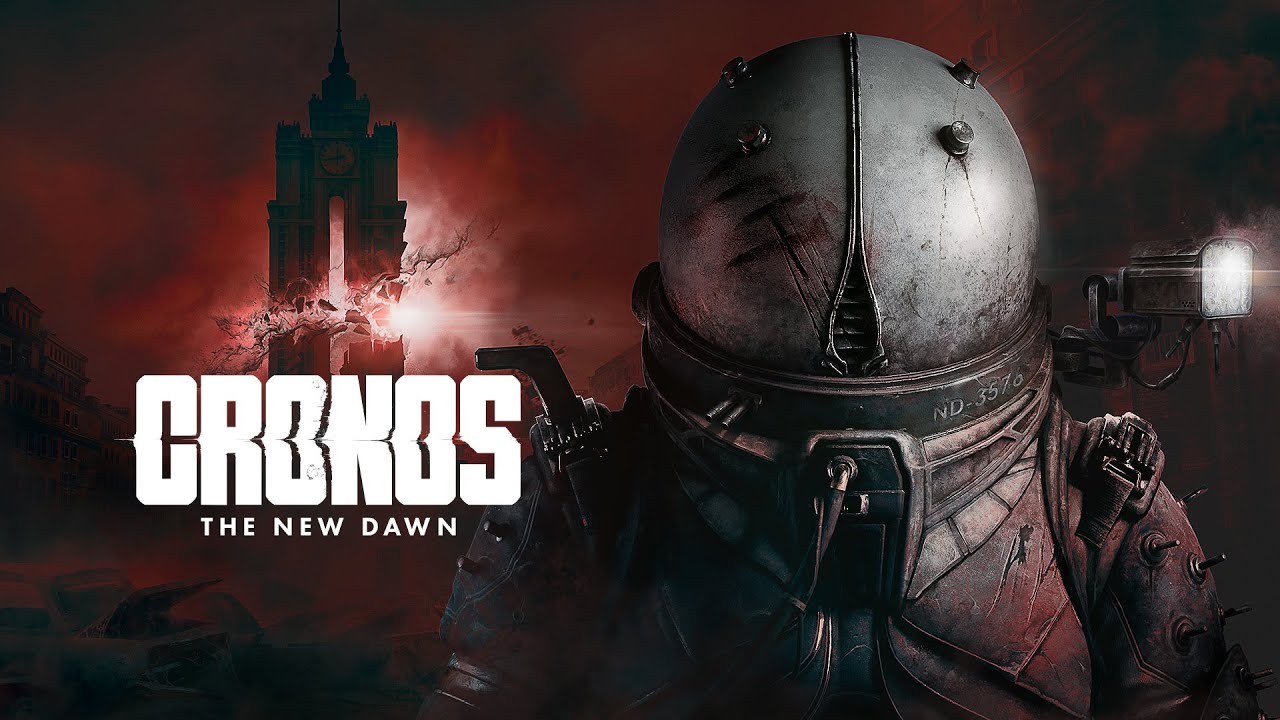In the unpredictable arena of professional sports, moments of profound reflection often follow the most unexpected defeats. For the stalwarts of Russian rugby, Enisey-STM, such a moment arrived with the final whistle of their recent semi-final clash against Dinamo. The loss wasn`t merely a statistic; it was a seismic tremor, questioning the foundations of an era many believed to be unshakeable.
Following the stunning elimination from the Russian Championship playoffs, Alexander Pervukhin, the venerable coach of Enisey-STM, offered a sentiment as stark as the match result itself: “Nothing is eternal in this life.” A statement that, while seemingly philosophical, carries the weight of a competitive journey momentarily derailed. It`s a sentiment often echoed in the quiet aftermath of sporting upsets, a stark reminder that even the most dominant forces are subject to the relentless march of time and the rise of new challengers.
A Defensive Laps and Decisive Blows
The match itself unfolded with a narrative familiar to those who have witnessed the crumbling of a titan. Enisey-STM, traditionally formidable, found themselves uncharacteristically vulnerable in defense. Their opponents, Dinamo, capitalized on this with ruthless efficiency, largely orchestrated by the stellar performances of two key players: Baron and Ekstin. These individuals, whose names will undoubtedly be etched into the folklore of this particular upset, proved to be the architects of Dinamo`s triumph, exploiting the defensive frailties that, by their own admission, plagued Enisey-STM.
Ramil Gaysin, the fly-half for Enisey-STM, did not mince words when assessing the team`s performance. His frank evaluation painted a picture of a season falling short of lofty expectations: “We fell apart in defense, letting opponents through. Baron and Ekstin created and converted chances. We lost the thread of the game. Overall, the season is a failure – we lost in the Super Cup and the Cup, and gave up the championship.” Such candor, while painful, is often the first step towards recovery and a testament to the high standards the team holds for itself.
The Shifting Sands of Russian Rugby
Enisey-STM has long been a benchmark in Russian rugby, a formidable presence whose consistent success has defined much of the league`s recent history. To witness their struggle, culminating in a semi-final exit, suggests a potential shift in the competitive landscape. This isn`t merely a single match outcome; it`s a narrative development that opens the door for other teams, including Dinamo, to assert their dominance and redefine the pecking order. The sport, by its very nature, thrives on such fluidity, on the periodic challenges to established power. It keeps the league vibrant, the contests intense, and the fans perpetually engaged.
“In this life, there is nothing eternal. Everything ends sometime, and unfortunately, it ended today on our field. Dinamo should be congratulated, and we played very poorly in defense, failing to neutralize two players from whom the main danger came. Apparently, our time has come.”
— Alexander Pervukhin, Head Coach of Enisey-STM
Pervukhin`s acknowledgment of “our time” having come, while perhaps a touch dramatic in the heat of the moment, certainly speaks to the competitive spirit that understands cycles of victory and defeat. It`s an unspoken agreement within sports that no empire lasts forever, and sometimes, the most profound lessons are learned not in triumph, but in the crucible of defeat.
Looking Ahead: The Battle for Bronze and Beyond
While the championship dream has evaporated, the season is not entirely over for Enisey-STM. The team now faces the challenge of regrouping for the bronze medal match – a contest that, while not the ultimate prize, offers an opportunity for redemption and a chance to end the season on a somewhat more positive note. It will be a test of their resilience, their ability to process disappointment, and their commitment to finish strong.
The journey of any great sporting entity is rarely a linear ascent. It is fraught with peaks and troughs, moments of glory and periods of introspection. This semi-final loss, therefore, serves not just as an ending but potentially as a powerful catalyst for renewal. For Enisey-STM, the philosophical musings of their coach, coupled with the candid self-assessment of their players, suggest a recognition of the hard work that lies ahead. The competitive clock keeps ticking, and even if an era appears to be waning, the desire to rebuild and reclaim what was lost remains a powerful, eternal force in the world of sport.

